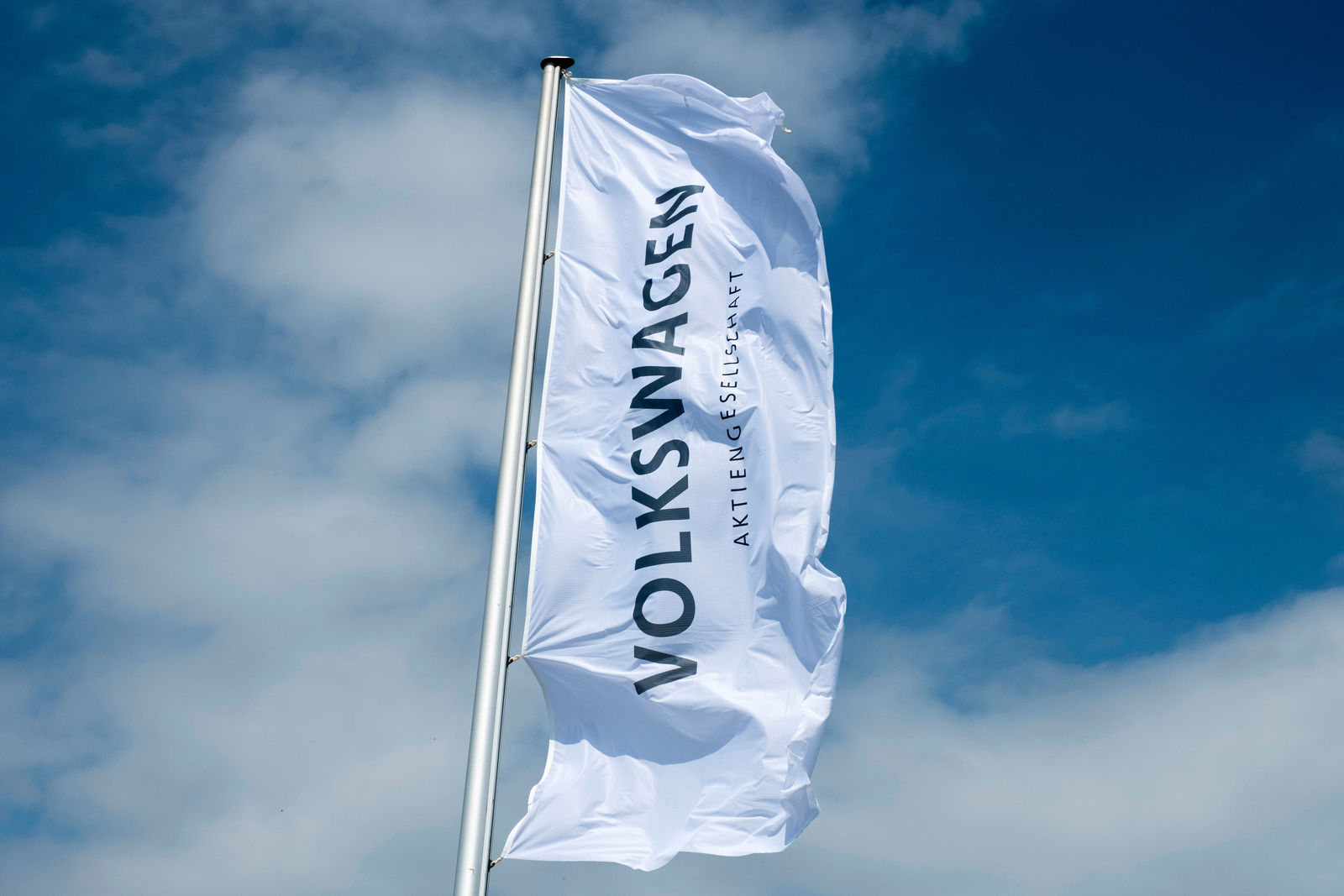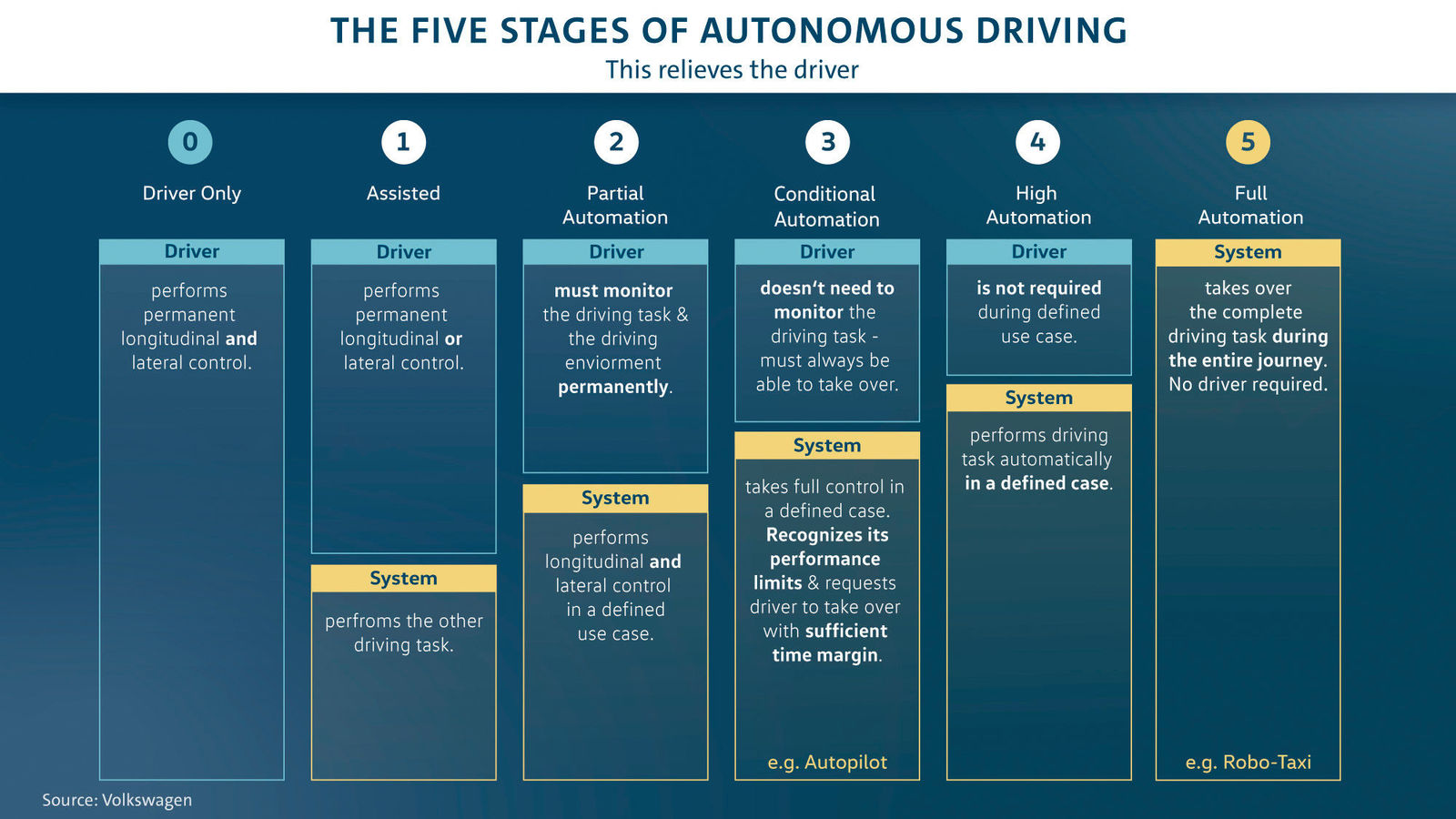Mobility solutions for people and goods in urban areas will be the first application case for the SDS from Volkswagen Autonomy GmbH. In July, the Volkswagen Group announced closer cooperation in the field of autonomous driving with Ford which, subject to official approvals, includes a stake in ARGO AI, a company specialised in the software development for autonomous driving. ARGO AI and VWAT will work closely together on the realisation of the self-driving system (SDS). In the development of the SDS VWAT will put a strong focus on systems engineering and industrialisation. The aim is to establish an SDS as a standard module for all Group brands in future.
"We want to establish Volkswagen Autonomy as a global technology company where we bundle expertise from the automotive and technology industries, combining the agility and creativity of a high-performance culture with process orientation and scalability," says Alexander Hitzinger. "We will continue to use synergies across all Group brands to reduce the cost of self-driving vehicles, high-performance computers, and sensors. We plan to start commercialising autonomous driving at a large scale around the middle of the next decade."
The first application cases are planned in the commercial sector. Volkswagen Commercial Vehicles as the leading brand for Autonomous Driving, MaaS, and TaaS in the Group will develop and build special purpose vehicles (SPV) such as robo taxis and robo vans. In a co-creation approach together with VWCV as a customer VWAT will develop the respective systems. This will make the brand for light commercial vehicles the first user of the SDS from Volkswagen Autonomy.
By the end of the year resources from Volkswagen Group research allocated to autonomous driving will be transferred to VWAT GmbH. In 2020 and 2021 two further companies will be founded in Silicon Valley and in China respectively in addition to the company in Germany. More than half of the staff will be employed in Munich and Wolfsburg. Munich was chosen as a further site in Germany as the Group company Autonomous Intelligent Driving GmbH (AID) is already headquartered there. At the same time the site will become the European headquarters of ARGO AI. Silicon Valley was selected as a further site due to its proximity to ARGO AI and to the world’s leading talent pool for autonomous driving. Furthermore, the legislation offers favourable conditions for the further development of the SDS. An SDS development site in China is needed to comply with local legal requirements. China has a particularly important role as the largest market of the Volkswagen Group and on account of the high traffic complexity.
"Autonomous driving presents the entire industry with major challenges: high development costs, extremely high demands on sensor technology plus a lack of regulatory systems and heterogeneous regional standards," says Alexander Hitzinger. "Our goal is to build an agile, high-performance development team with the know-how to realise a self-driving system ready to market."
Most importantly, the subject of safety has top priority from Level 4 onwards. Driving a car today is already very safe thanks to numerous assistance and safety systems in modern vehicles: a human driver causes a fatal accident every 600 million kilometres on average. Self-driving systems will further drastically reduce accident numbers. The system must be extremely robust for this. Not only is this difficult to achieve; the verification is also a huge challenge.
In addition to operational work on the development, verification, and validation of the systems, VWAT will control and be responsible for all activities related to autonomous driving from Level 4 within the Volkswagen Group.









